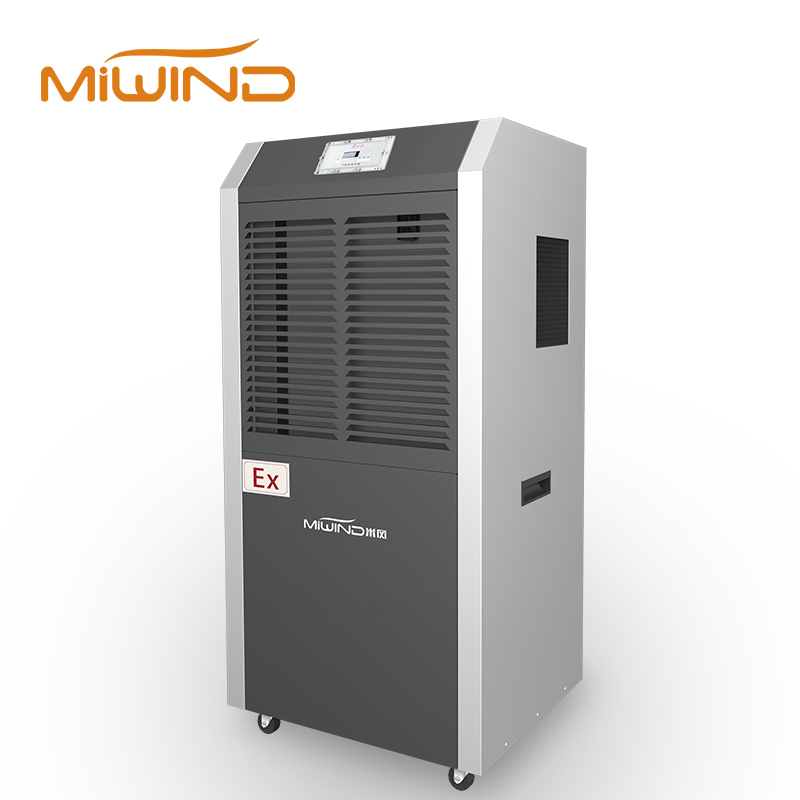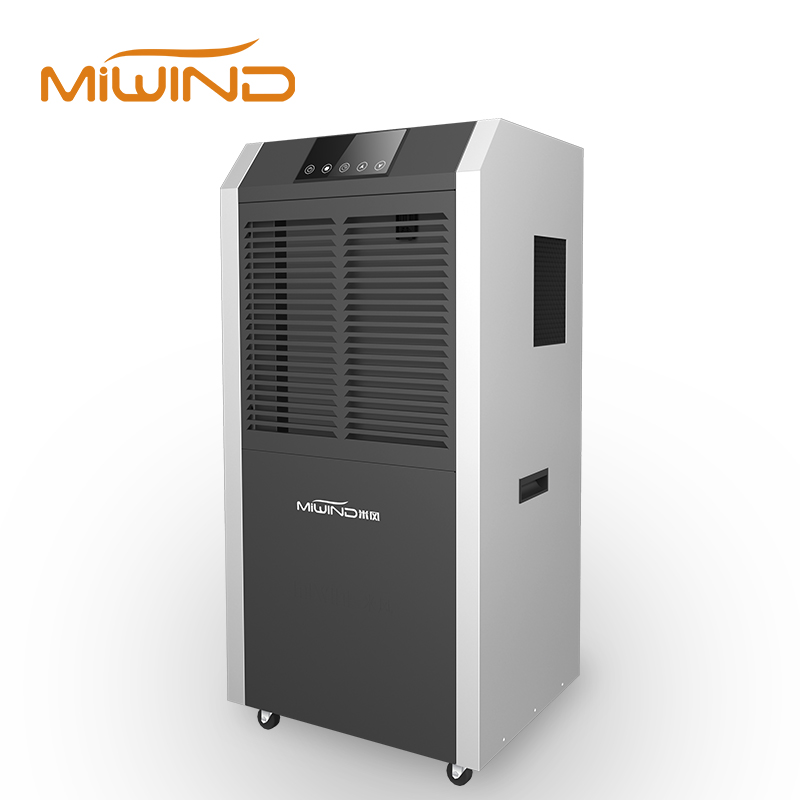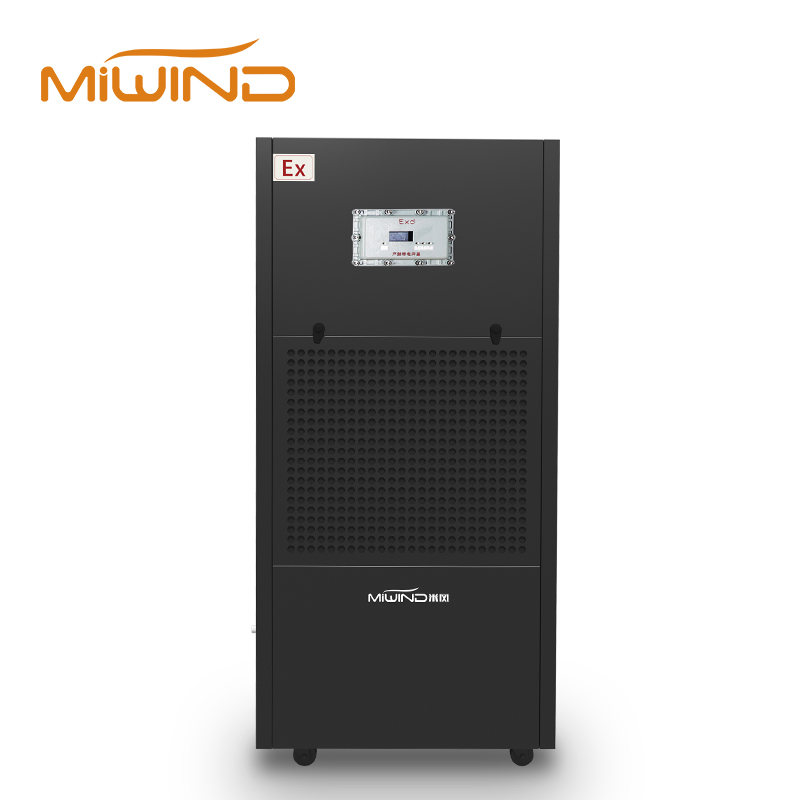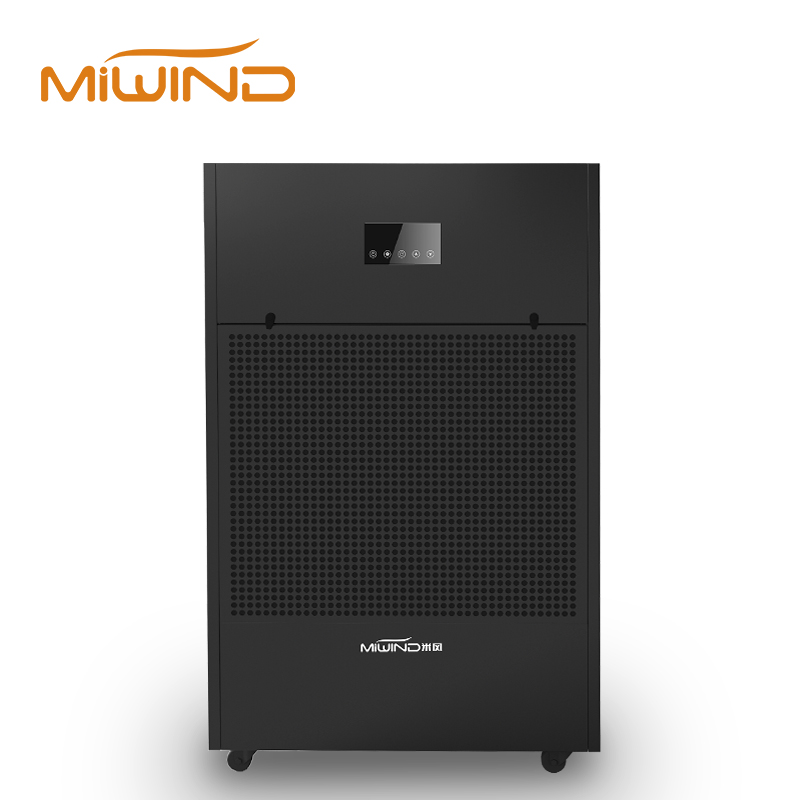
Retail environments, particularly supermarkets and large retail stores, face unique challenges related to humidity control. Excess moisture can lead to a range of issues, from product spoilage to increased energy costs. Implementing dehumidification strategies can significantly enhance the operational efficiency of retail stores. This article explores the top benefits of using a dehumidifier in retail settings.
Humidity refers to the amount of moisture present in the air. In retail environments, particularly those selling perishable goods or sensitive materials, maintaining optimal humidity levels is crucial. Ideally, relative humidity levels should be kept between 40% and 60% to ensure comfort for customers and preservation of products.
One of the most significant benefits of using a dehumidifier in retail stores is the preservation of product quality. High humidity levels can lead to spoilage, particularly in food items such as fruits, vegetables, and dairy products. Dehumidifiers help maintain an optimal environment that reduces moisture accumulation, thereby extending the shelf life of these products.
Reduction in Spoilage Rates: By controlling humidity, retailers can minimize spoilage rates, which translates into reduced waste and increased profitability.
Improved Appearance: Products stored in low-humidity environments retain their visual appeal longer, encouraging customer purchases.
Dehumidifiers contribute significantly to energy efficiency within retail stores. High humidity levels force refrigeration systems to work harder to maintain appropriate temperatures, leading to increased energy consumption.
Lower Energy Costs: By reducing the load on HVAC systems, dehumidifiers can lead to substantial savings on energy bills.
Optimized HVAC Performance: With reduced humidity levels, HVAC systems operate more efficiently, enhancing overall store climate control.

Dehumidifier For Retail Stores
The presence of excess moisture can accelerate wear and tear on refrigeration equipment and other machinery used in retail operations. Dehumidifiers help mitigate this risk.
Corrosion Prevention: High humidity contributes to the corrosion of metal components within refrigeration units and other equipment. By controlling moisture levels, retailers can extend the lifespan of their equipment and reduce maintenance costs.
Reduced Downtime: With less frequent repairs needed due to moisture-related issues, stores can maintain consistent operations without interruptions.
A comfortable shopping environment is essential for encouraging customer visits and purchases. High humidity can lead to discomfort for shoppers, prompting them to leave stores quickly.
Enhanced Shopping Experience: Maintaining optimal humidity levels creates a more pleasant atmosphere for customers, encouraging them to spend more time browsing.
Healthier Environment: Dehumidifiers also help reduce the growth of mold and bacteria that thrive in humid conditions, contributing to a healthier shopping experience for both customers and employees.

Retailers must adhere to various health regulations concerning food safety and storage conditions. Maintaining appropriate humidity levels is often a requirement for compliance with these regulations.
Avoiding Penalties: By using dehumidifiers to control moisture levels, retailers can ensure compliance with health standards, avoiding potential fines or legal issues.
Safeguarding Public Health: Proper humidity control helps prevent food contamination and promotes a safe shopping environment.
In cold storage areas or refrigerated sections of retail stores, excess humidity can lead to ice formation on surfaces and equipment. This not only affects product quality but also poses operational challenges.
Prevention of Equipment Damage: Dehumidifiers help prevent ice buildup that could damage refrigeration units or impede airflow.
Operational Efficiency: By maintaining dry conditions, retailers can ensure smoother operations in cold storage areas.

Chinese Dehumidifier Manufacturer
Effective humidity control contributes to improved inventory management practices within retail environments.
Reduced Product Losses: Consistent humidity levels help minimize product losses due to spoilage or damage from moisture.
Streamlined Operations: With better inventory management comes enhanced operational efficiency, allowing retailers to focus on sales rather than dealing with product issues.
Dehumidifiers come in various sizes and capacities, providing customizable solutions tailored to specific retail needs.
Adaptability: Retailers can select dehumidification systems that best fit their store layout and product types.
Scalability: As businesses grow or change their product offerings, they can adjust their dehumidification solutions accordingly.
Implementing dehumidifiers in retail stores offers numerous benefits that go beyond mere comfort. By proactively addressing humidity-related challenges, retailers can create a healthier environment for customers and employees while maximizing profitability and operational efficiency.